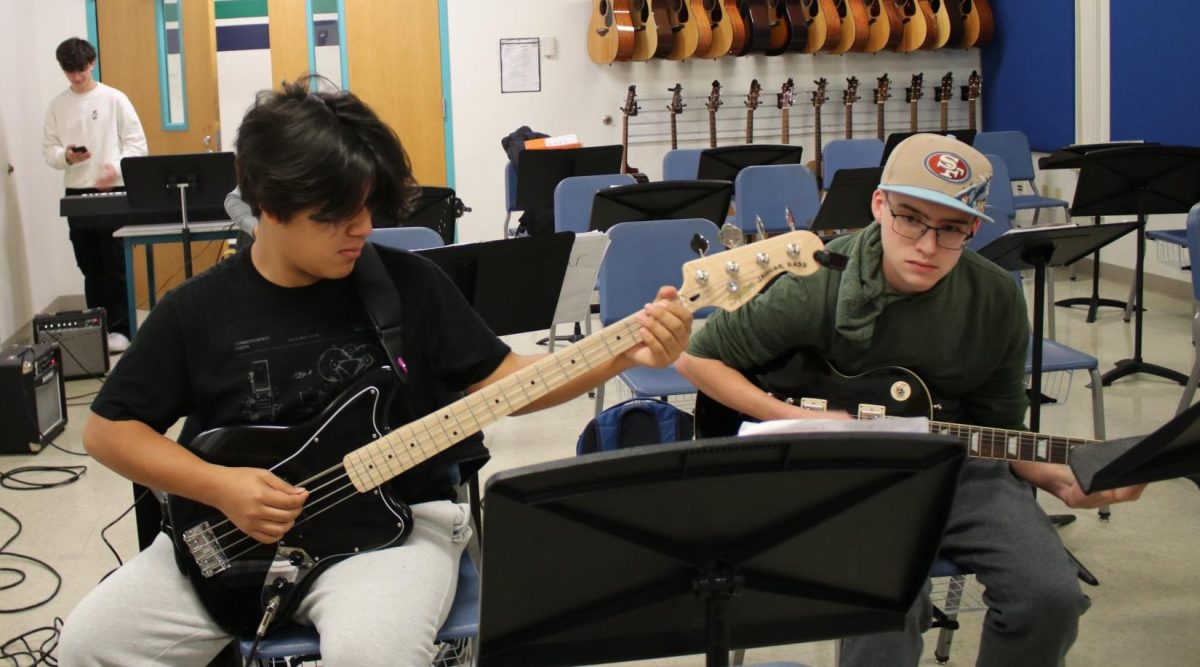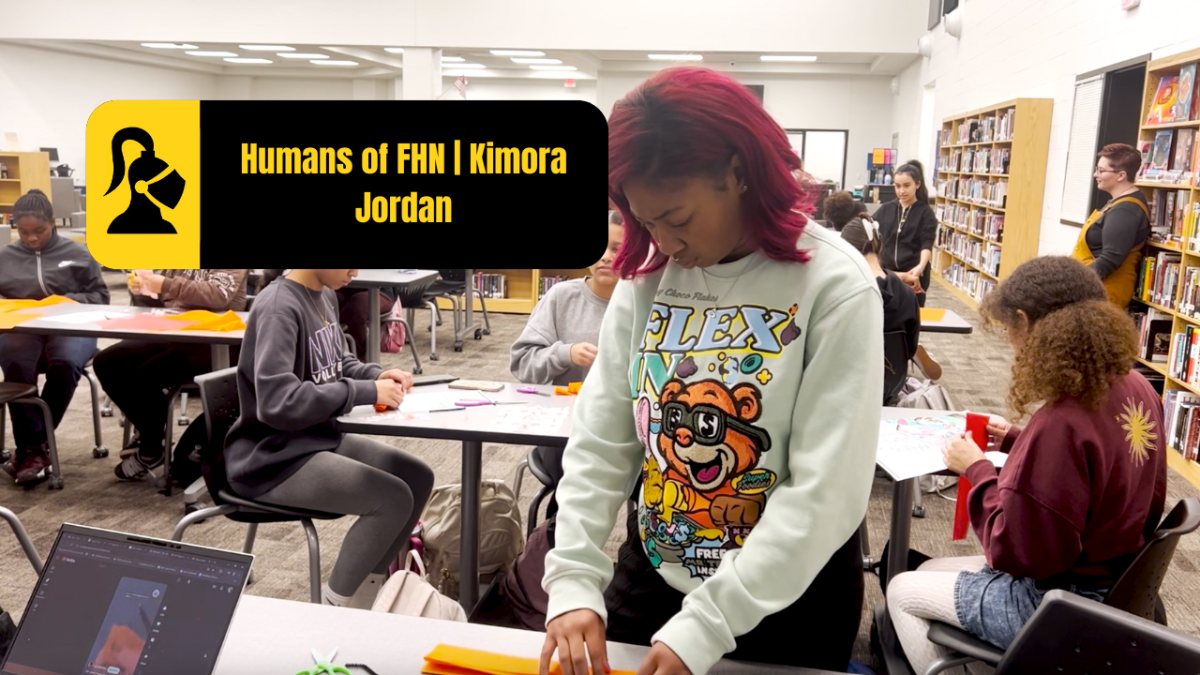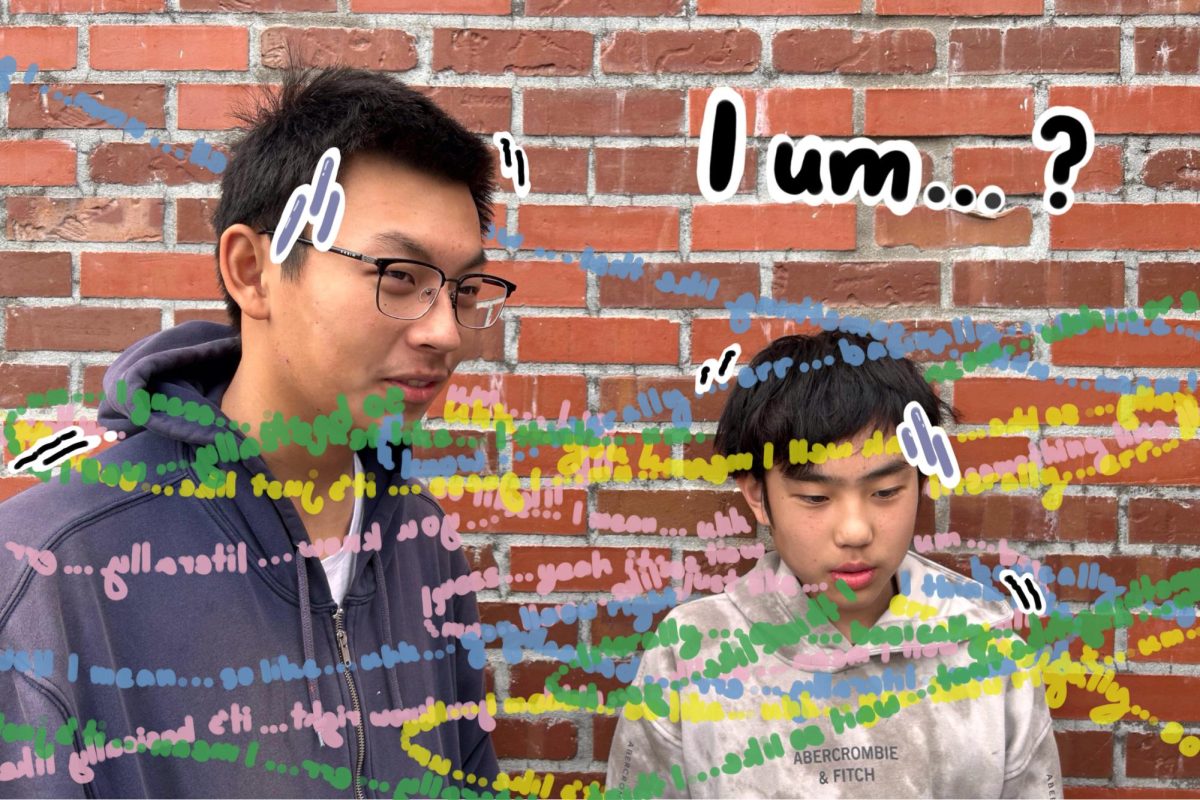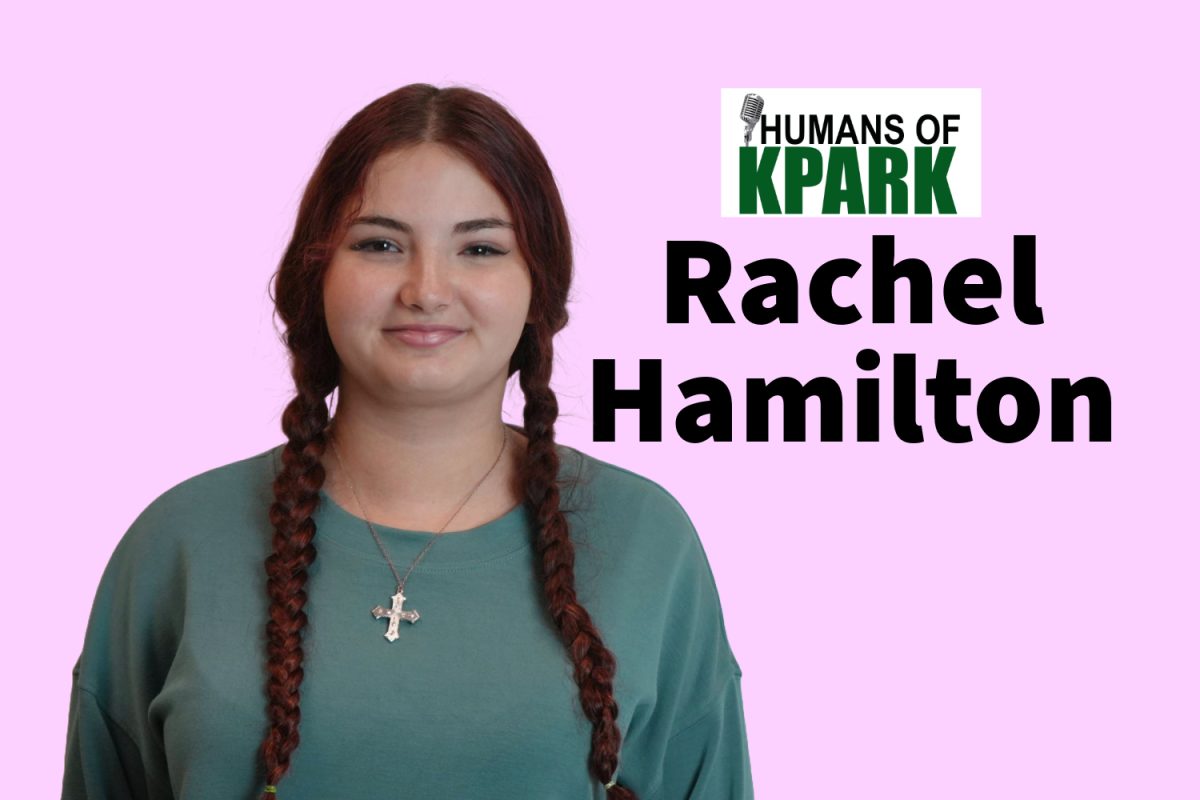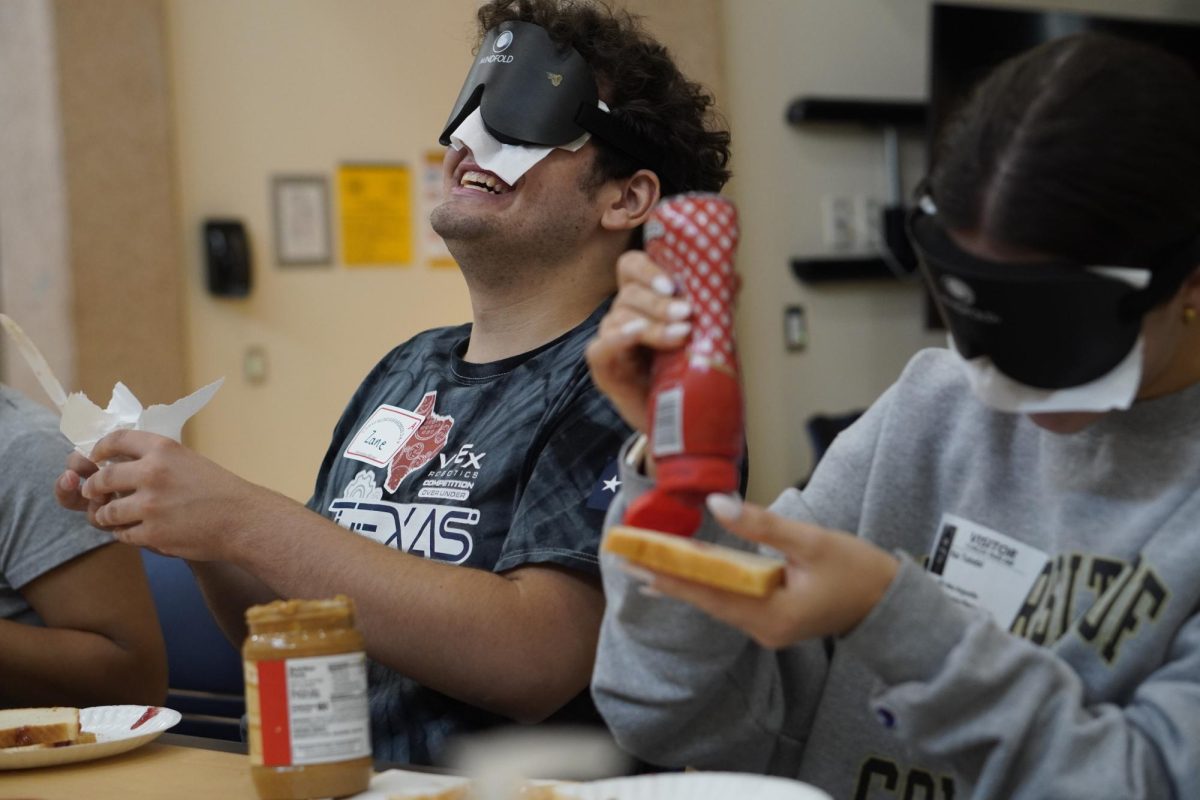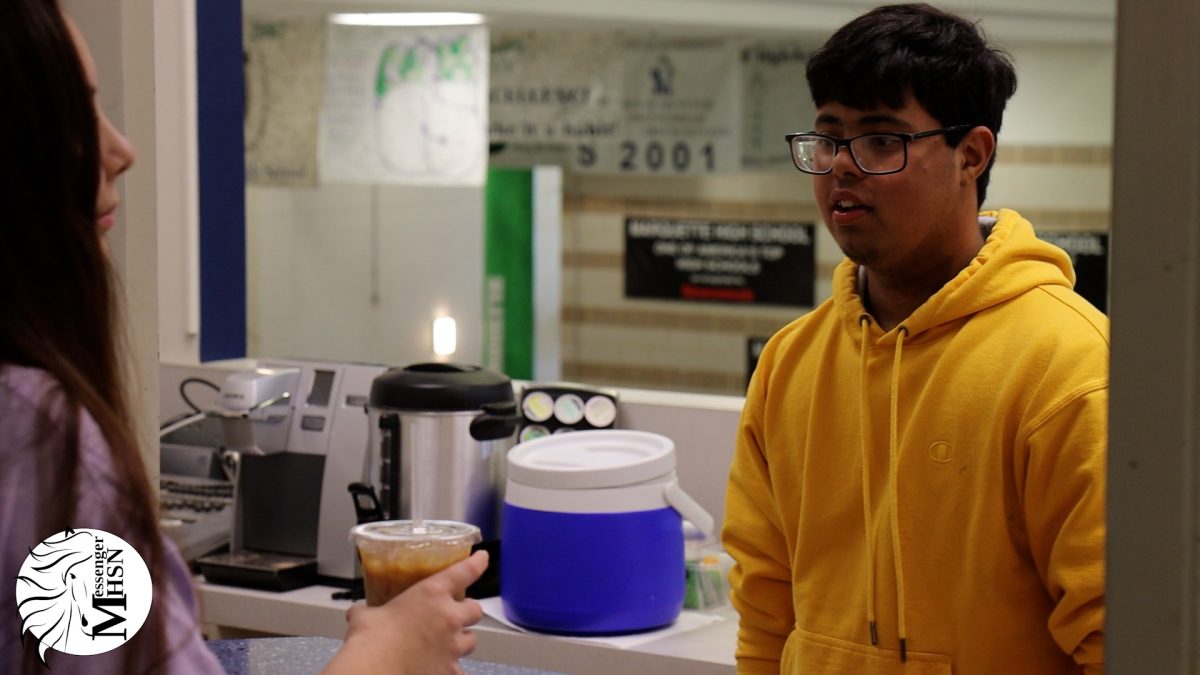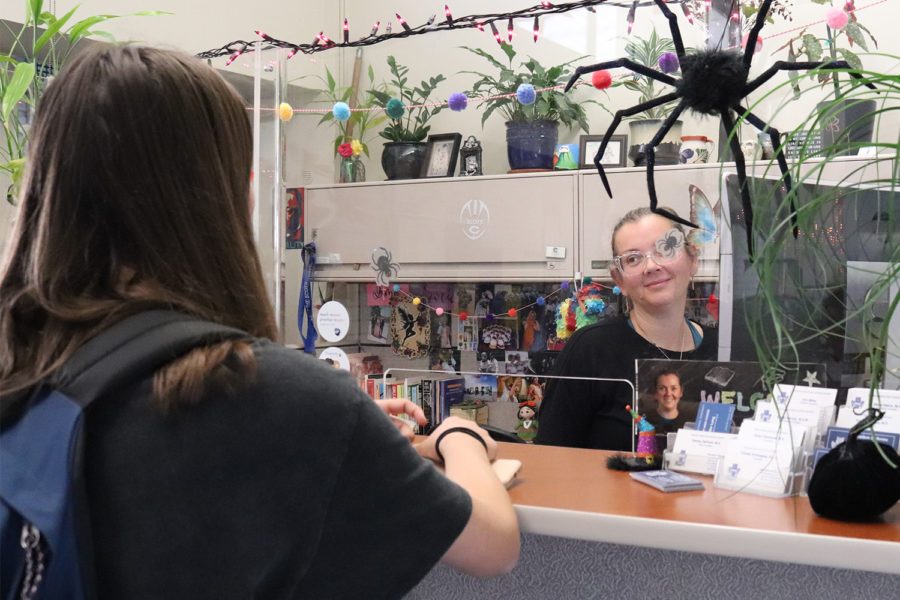Carlmont recently gained funding from the Carlmont Academic Foundation that will make mental health services more widespread for its students.
This is a vastly important step at the school, which currently leaves most of its students’ mental health in the hands of already overworked school counselors, a single intervention counselor, and other students with oversight from a mental health specialist. The new programs include an on-campus social worker and an on-campus licensed therapist increasing from two to five days per week.
But Carlmont is far above average in the state of California.
As of 2021, California had a student-to-counselor ratio 1.3 times the national average, the fifth worst ratio in America. This ratio was also almost twice the National Academic Advising Association’s (NACADA) recommended proportion of 296 students per counselor. In 2019, nearly 60% of California schools reported no school counselors employed whatsoever.
Yet, California students’ mental health continues to worsen. Over the past two decades, suicide rates have steadily increased in California among young people aged 15-24. According to the California Department of Health, teens are the most likely group to go to the emergency department for self-harm.
The pandemic only exacerbated the need for mental health services in schools. In a nationwide study by the New York Times, counselors noticed worsened mental health in students once their schools ended distance learning.
Teenagers struggle with anxiety, depression, eating disorders, attention disorders, and thousands of other afflictions daily. Many of them cannot seek out therapy services due to time constraints, cost (an average of $6,000 a year), and the stigma around poor mental health (with nine out of 10 people reporting stigma having a negative effect on them).
School is the only place where teenagers can easily and readily access the mental health services necessary to treat their mental disorders. In 2019, only 13.6% of youth between five and 17 got some form of mental health treatment, despite about 49.5% experiencing a mental health disorder.
But school therapy has been proven to be very effective in supporting students mentally and in academic success overall. Mental health clinics at schools have been shown to increase attendance rates and post-secondary school admissions.
Despite the evidence that suggests mental health services should be a top priority for schools, lawmakers continue to hesitate. Gov. Gavin Newsom has vetoed two California bills aimed at expanding mental health access in schools. The first was Assembly Bill 552, vetoed Sept. 19, which would have given students with private medical insurance access to the in-school programs that students on Medi-Cal currently have. The second was Assembly Bill 1940, vetoed on Sept. 27, which set aside $100 million for on-campus health clinics providing multiple types of care, including mental health services.
It’s time for students to be given the support they require to succeed personally and academically. In an epidemic of mental health, students need to be a priority. Access needs to be easily available and widespread so that every student has the opportunity to heal.
This story was originally published on Scot Scoop News on October 18, 2022.

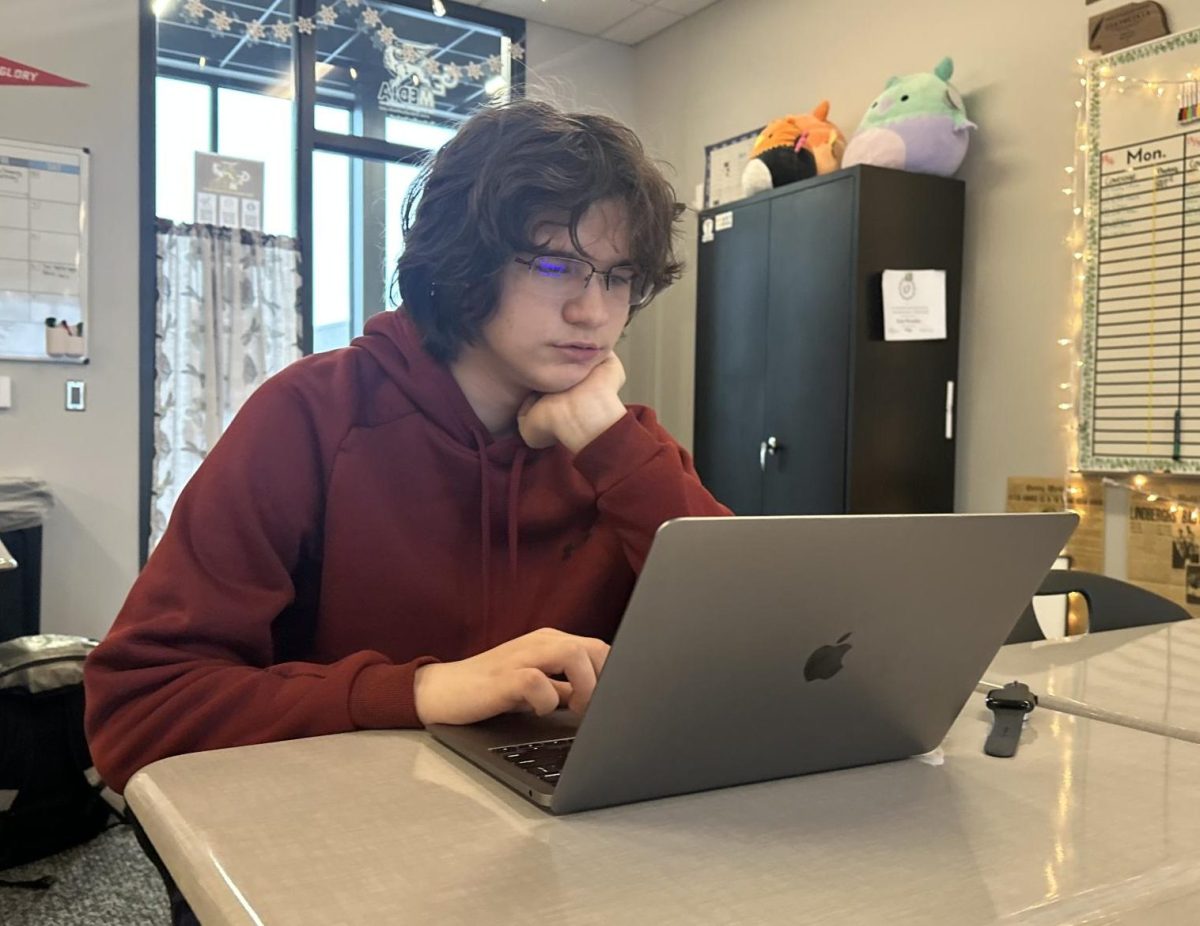




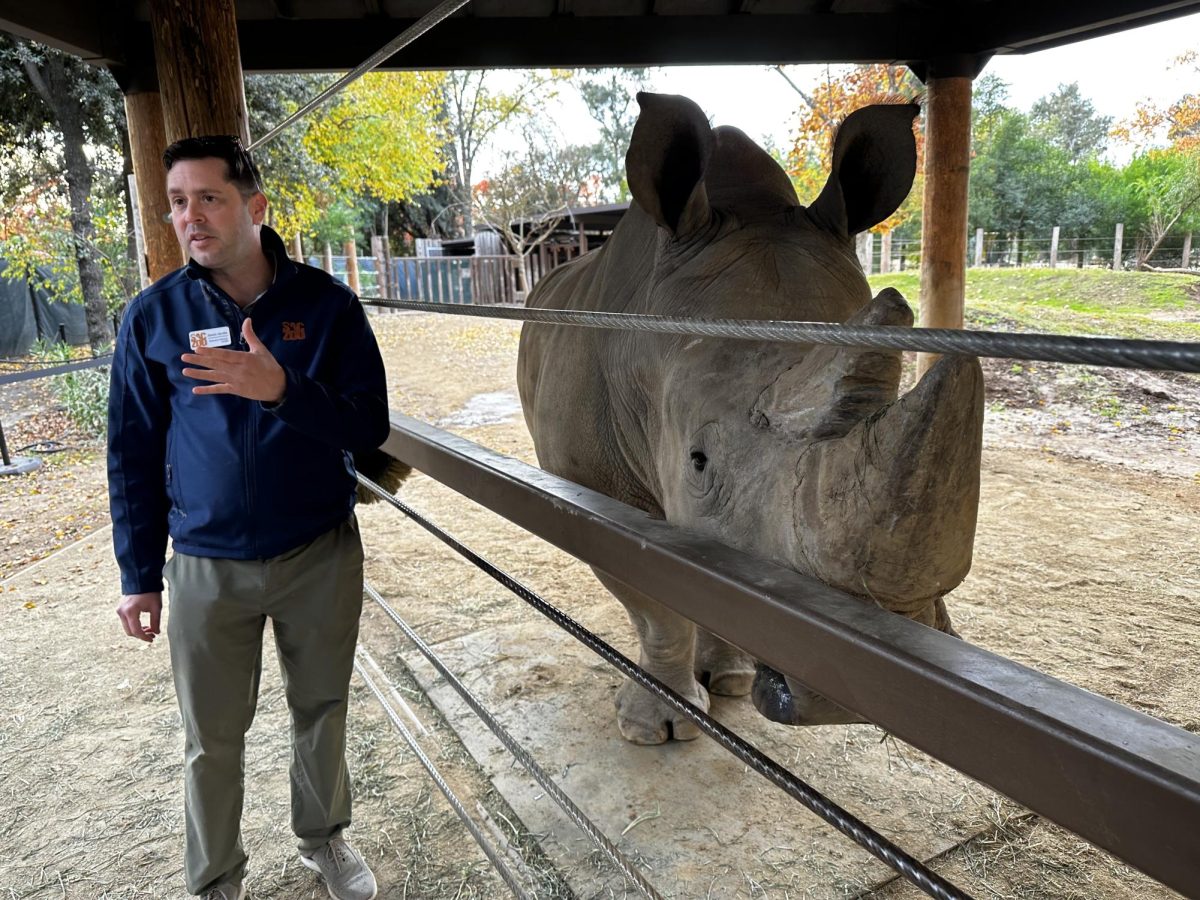



![Adding a tray of canned corn to the pile, junior Michael Collop assists in transporting donations for the Holiday Food Drive. The event, hosted schoolwide from Dec. 10-17, raised over 5,000 food items to deliver to the Parkway Food Pantry, helping several families in need. [The drive] is a great thing for us to do because you're giving to those who are less fortunate, and it helps provide for people who can't provide for themselves. [The] competition is always fun, too. It was fun to be in [social studies teacher Jess] Chazen’s class, because he always gets worked up over [the competition]. He made it exciting, and was always convincing us to turn in cans for the drive,” Collop said.](https://bestofsno.com/wp-content/uploads/2024/12/feature-photo-unsung-2.png)


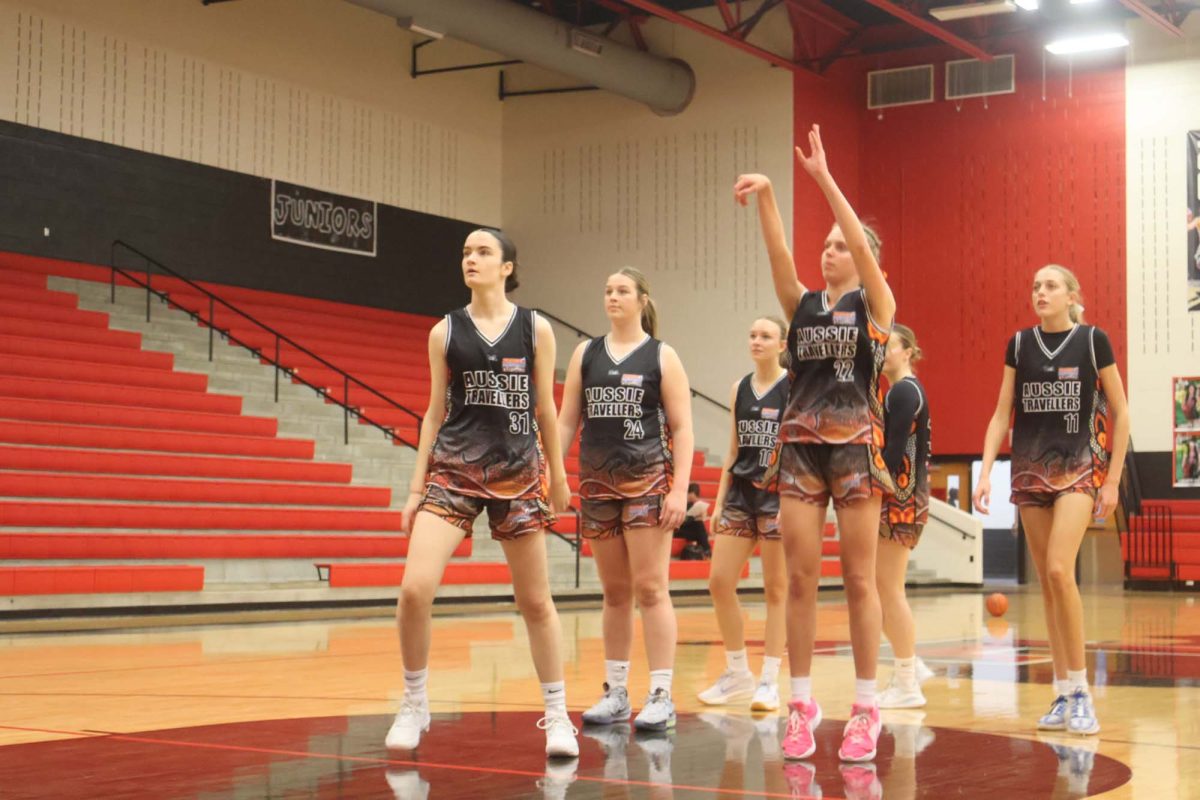
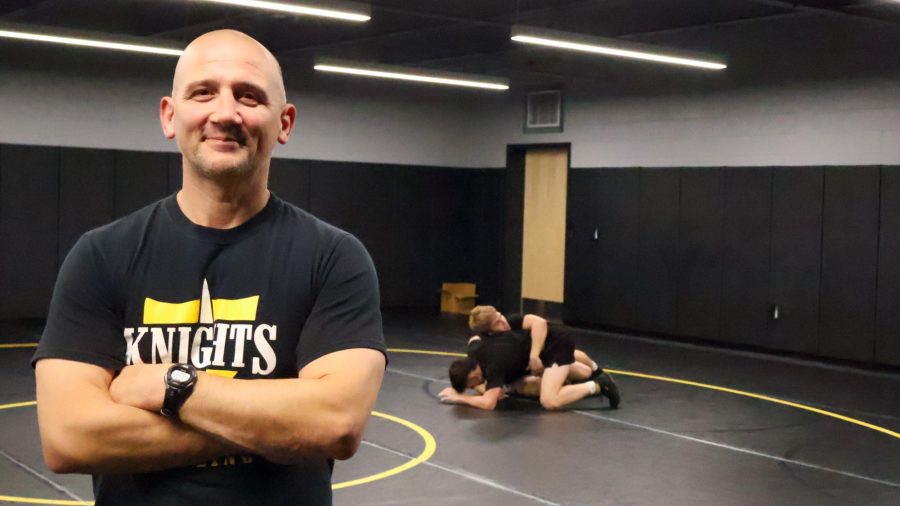


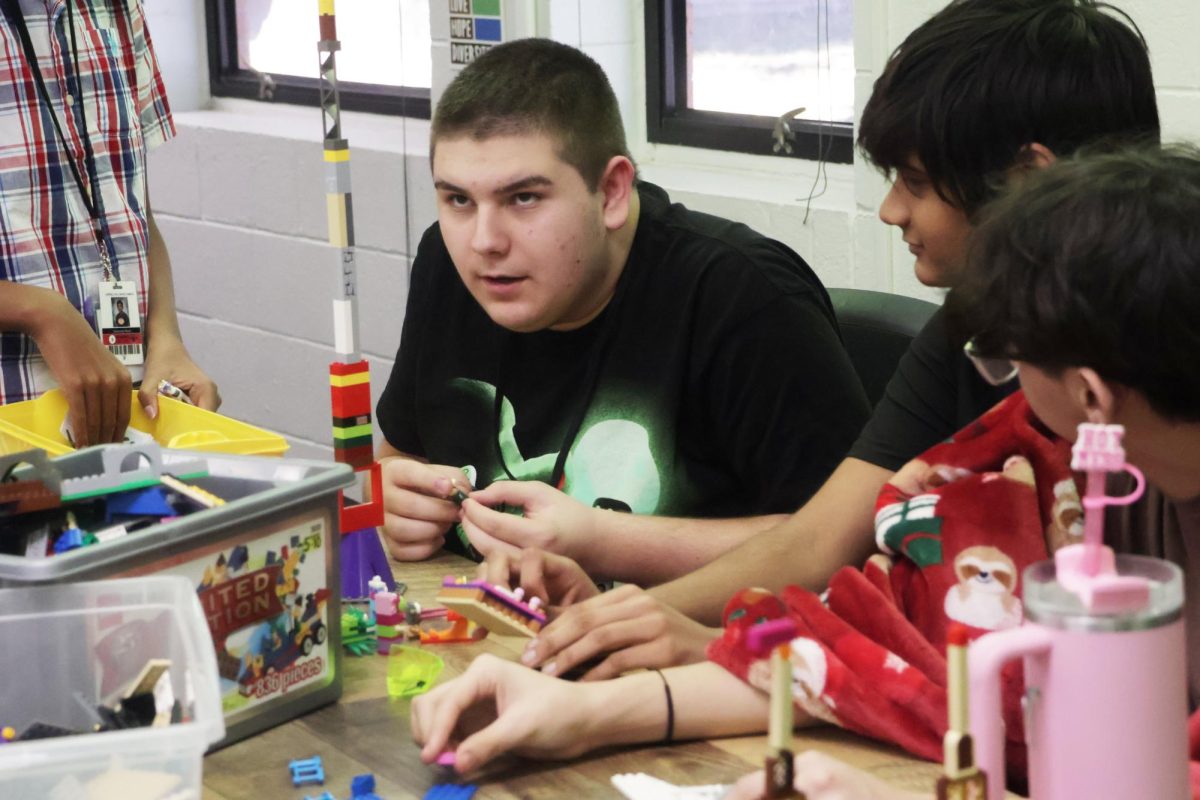




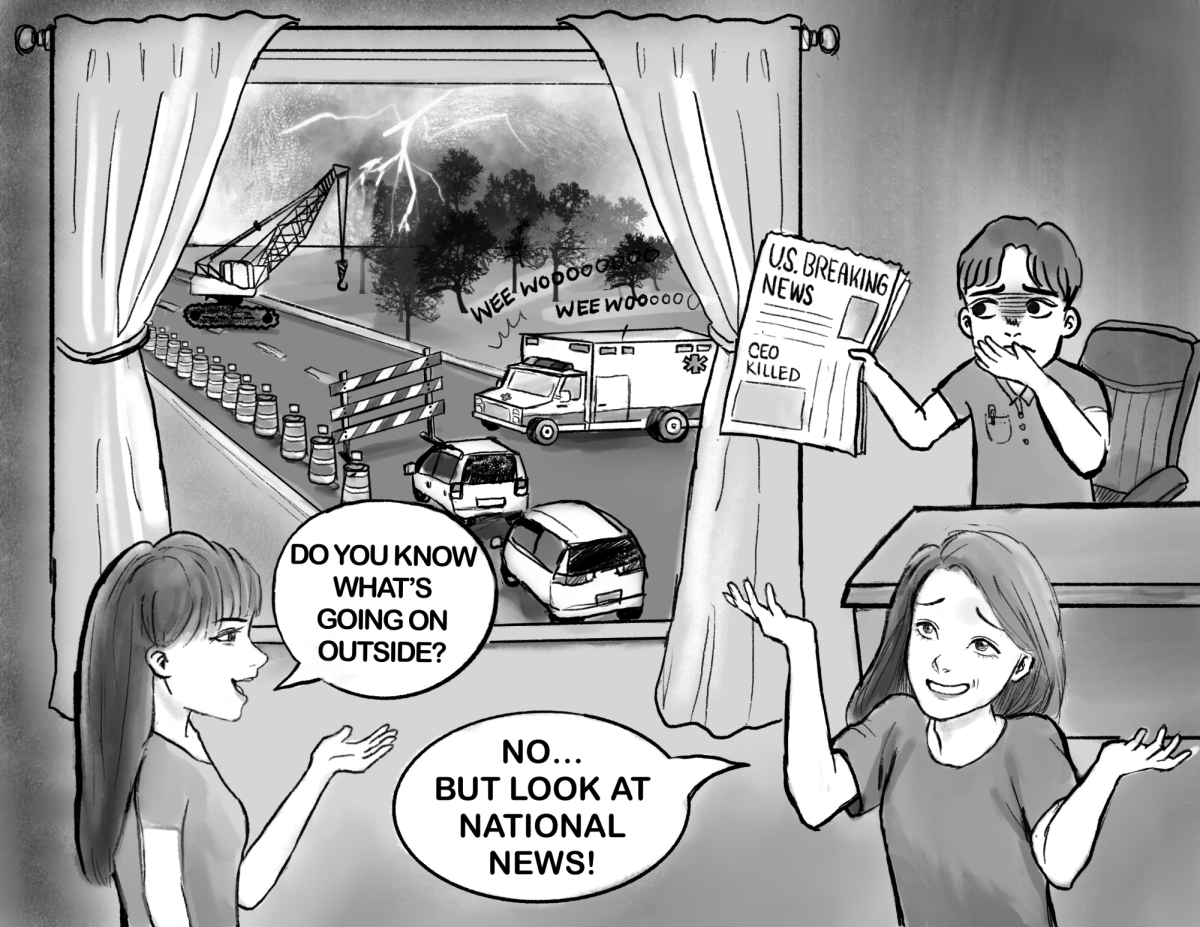
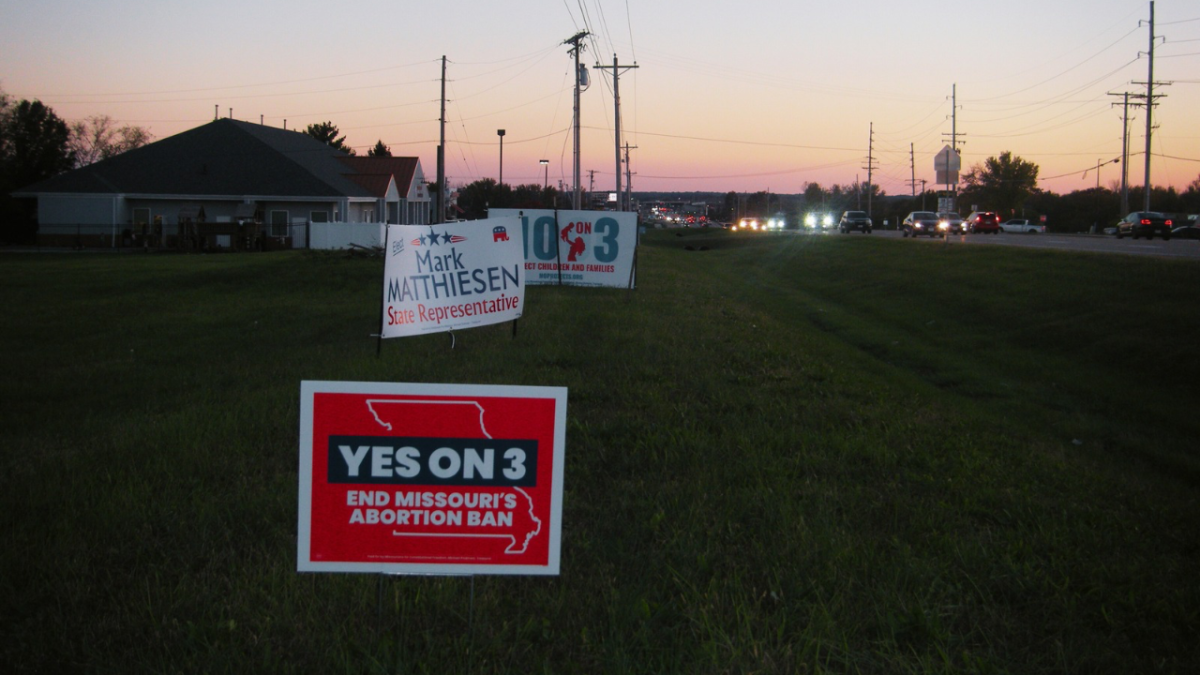
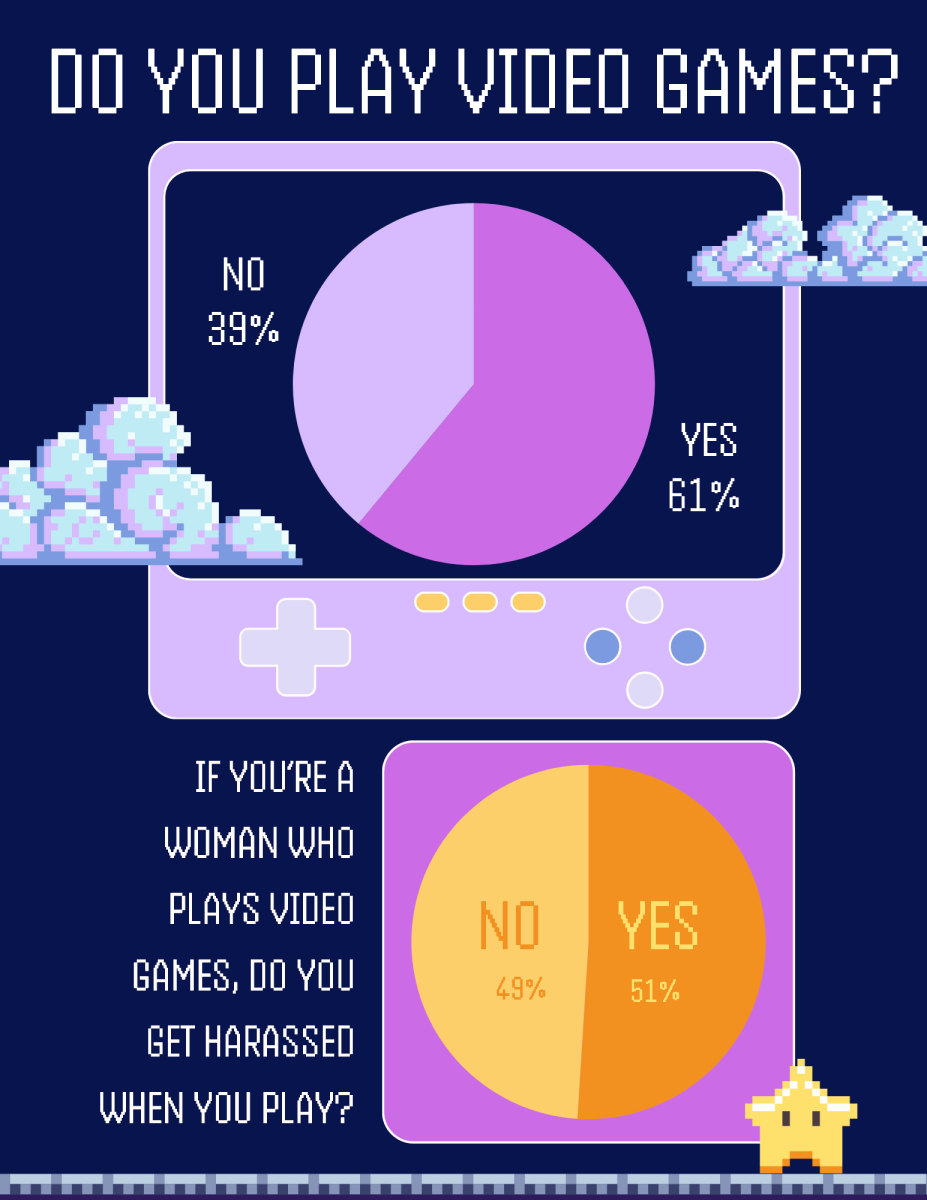


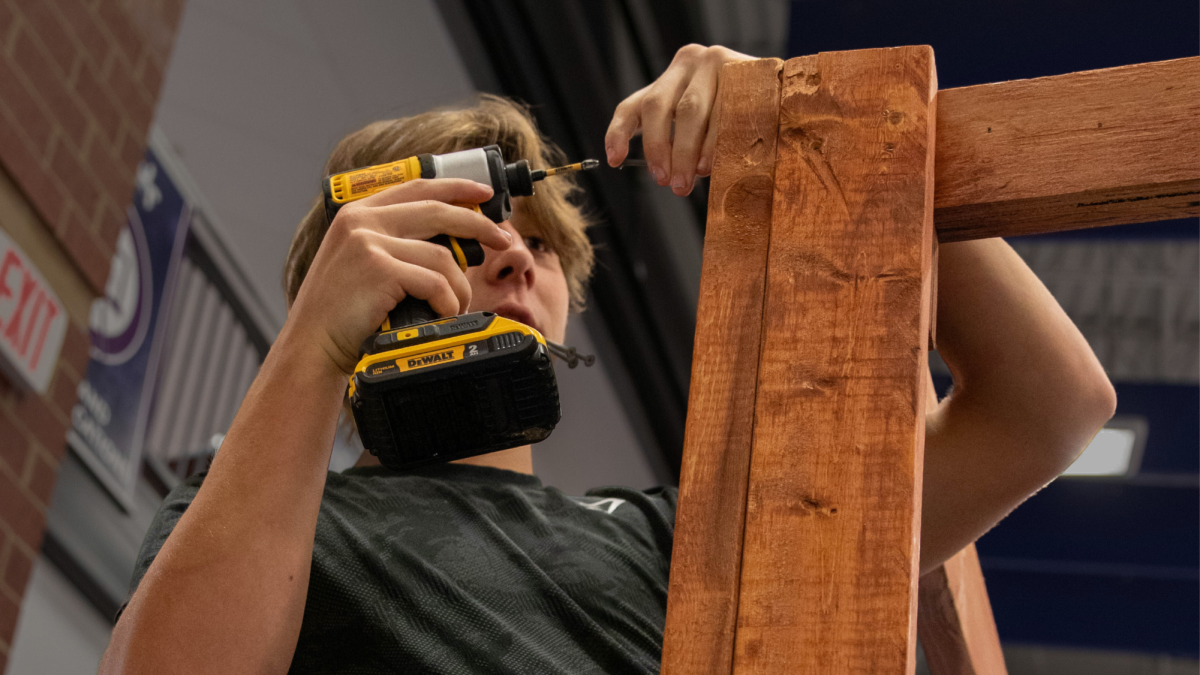
![NEW CHALLENGE, NEW TEAM MEMBERS: Every season, VEX creates a new game that robotics team members are faced with and have to build a robot to compete in. This year’s game forces students to create a robot that is able to stack rings onto mobile goals in order to score points. The change in games each season is something that robotics teacher Audrea Moyers appreciates.
“One of the things that I like about VEX is that they have a new problem to solve every year,” she said. ¨Even though the equipment’s the same, they have to analyze the game, and they have to come up with solutions that are unique that year. They are using their knowledge from prior years, but they have to kind of redesign a problem.”
As returning teams were faced a new game, some new teams and members had to adapt to a uncommon playing field and game.
“Three of our four teams were competing for the first time this year, and they had very different experiences match to match, so I think they learned a lot,¨ she said. ¨It’s hard just watching a video online to know how it’s actually going to be in person, so they all learned a lot about what gameplay is like, how to work with an alliance partner [and] how to adapt during the day to changes.”](https://bestofsno.com/wp-content/uploads/2024/12/IMG_9283-1-1200x800.jpg)
